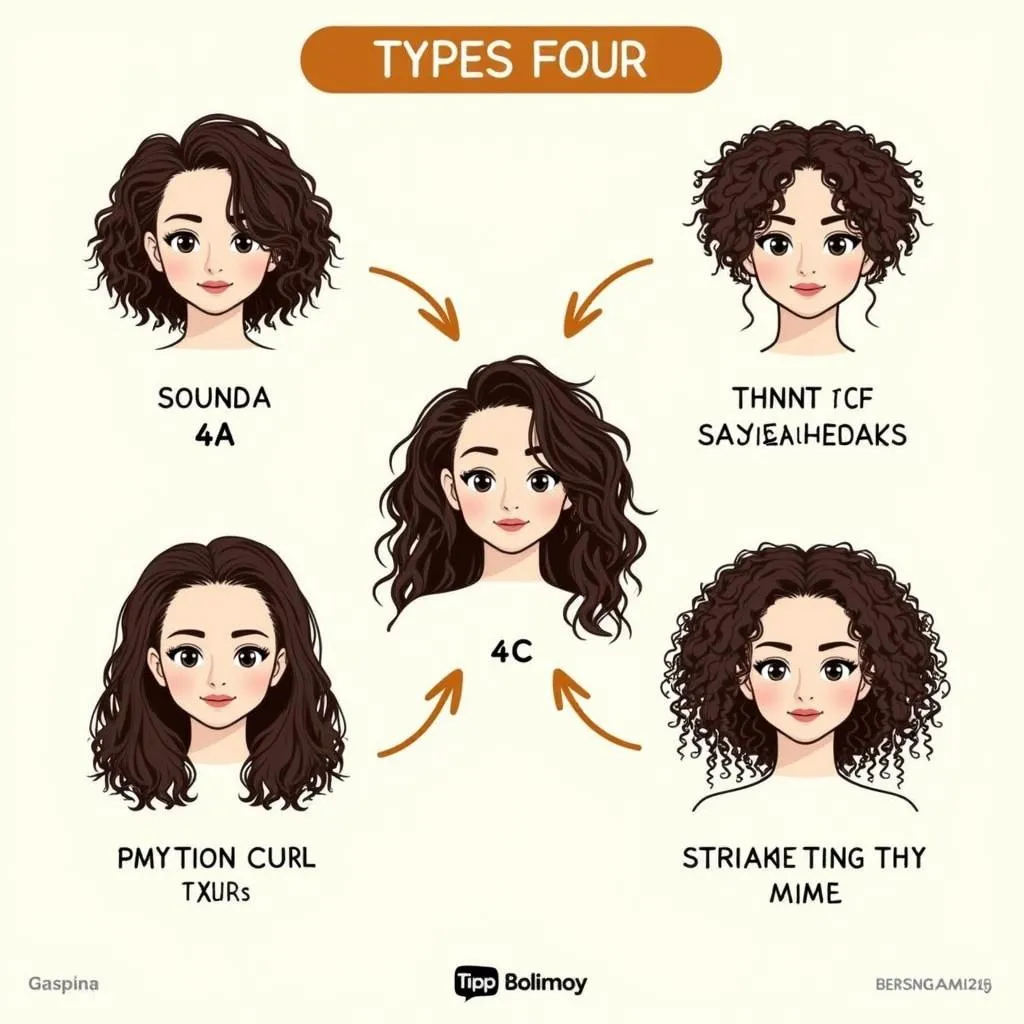African English Is Different: Exploring the Diverse Linguistic Landscape
African English Is Different from other forms of English. It’s a vibrant tapestry woven from a multitude of languages and cultures, resulting in a rich linguistic landscape that varies greatly across the continent. This article delves into the fascinating world of African English, exploring its unique characteristics, regional variations, and the socio-cultural influences that have shaped its evolution.
Understanding the Nuances of African English
African English isn’t a monolithic entity. It encompasses a spectrum of varieties, each reflecting the unique linguistic heritage of its speakers. From the lilting cadences of West African Pidgin English to the more formal registers used in Southern Africa, the diversity within African English is truly remarkable. What sets African English apart are its unique grammatical structures, phonological features, and lexical innovations.
One key feature is the use of different tenses and verb conjugations. For example, the habitual present tense often replaces the simple present, reflecting a focus on repeated actions rather than single occurrences. This subtle shift in grammatical structure reflects a different perspective on time and action. Likewise, vocabulary often incorporates loanwords from indigenous African languages, enriching the lexicon with expressions that often have no direct equivalent in standard English. These loanwords add a layer of cultural depth and provide a window into the rich linguistic heritage of the continent.
How African English is Different: Regional Variations
Across the vast expanse of the African continent, african countries and their capital cities boast distinct varieties of English. These regional variations are often shaped by the dominant indigenous languages and cultural practices. In East Africa, Swahili has significantly influenced the lexicon and pronunciation of English, leading to unique intonation patterns and vocabulary. Similarly, in West Africa, the influence of languages like Yoruba and Igbo is evident in the rhythmic flow and distinctive expressions found in Nigerian English.
These regional differences extend beyond vocabulary and pronunciation. They also influence grammatical structures and idiomatic expressions. For example, the use of “now now” to denote imminence is a common feature in South African English. This subtle nuance adds a layer of meaning that might be lost on speakers of other English varieties. Understanding these regional variations is crucial for anyone seeking to engage with the diverse linguistic tapestry of African English.
The Socio-Cultural Impact on African English
African English is more than just a language; it’s a reflection of the diverse cultures and social dynamics that shape the continent. The colonial legacy, the rise of independence movements, and the ongoing processes of globalization have all played a role in shaping its evolution. The use of English as a lingua franca in many African countries has fostered cross-cultural communication and created a sense of shared identity.
Dr. Abena Okyere, a renowned sociolinguist from Ghana, notes, “African English isn’t merely a derivative of British English; it’s a distinct language variety that reflects the unique socio-cultural context of its speakers.” The language often serves as a bridge between different ethnic groups, facilitating communication and fostering national unity. At the same time, it also serves as a marker of identity, allowing individuals to express their cultural heritage and social affiliations.
Why is African English so different?
African English’s differences stem from the complex interplay of indigenous languages, colonial history, and ongoing social and cultural changes. These factors have contributed to its unique linguistic characteristics, regional variations, and the diverse ways in which it is used across the continent. Understanding these influences provides valuable insights into the dynamic nature of language and its role in shaping cultural identity.
Professor Chike Obi, a Nigerian linguist, observes, “The dynamism of African English is a testament to the resilience and creativity of its speakers. It’s a language that constantly evolves, adapting to the changing needs of its users.” african features greatly contribute to the uniqueness of African English. This evolution is reflected in the emergence of new vocabulary, grammatical structures, and stylistic conventions, further enriching the linguistic landscape of the continent.
African English is Different: Embracing Linguistic Diversity
African English stands as a testament to the rich linguistic diversity of the continent. It’s a dynamic and ever-evolving language, shaped by a multitude of cultural influences. By understanding and appreciating the nuances of African English, we gain a deeper appreciation for the diverse cultures and linguistic landscapes that make up this vibrant continent. african continent tourist place provides a unique opportunity to experience this linguistic diversity firsthand.
In conclusion, African English is different, not deficient. It’s a vibrant and dynamic language that reflects the rich cultural tapestry of the continent. Embracing this linguistic diversity is crucial to understanding the complexities of African cultures and the ever-evolving landscape of global English. african national anthem often incorporates elements of African languages, further highlighting the importance of linguistic diversity.
FAQ
- What are some common characteristics of African English?
- How does West African Pidgin English differ from East African English?
- What role does code-switching play in African English?
- How has colonialism influenced the development of African English?
- What are some resources for learning more about African English?
- What are the key differences between African English and British English?
- How does African English reflect the cultural diversity of the continent?
If you need further assistance, please contact us via Phone: +255768904061, Email: [email protected], or visit our office in Mbarali DC Mawindi, Kangaga, Tanzania. We have a 24/7 customer service team.
For more information about job opportunities in Africa, please visit african countries job consultants in mumbai.

